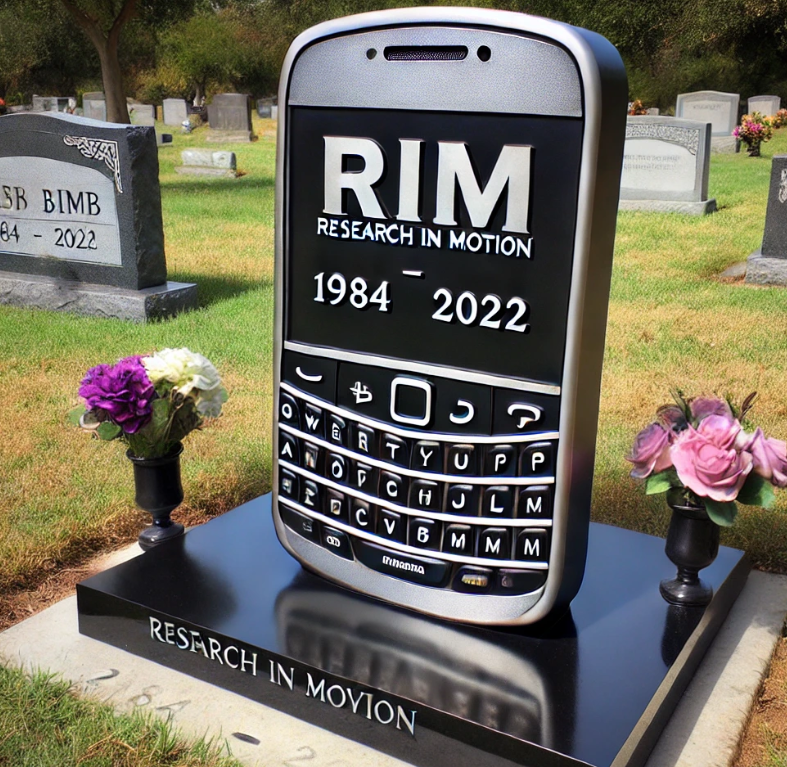BlackBerry Inc. has transitioned strategically over the years, repositioning its QNX operating system as a foundational platform for the Internet of Things (IoT) and embedded systems. This shift is largely rooted in the company’s early success in the motor vehicle industry, where QNX became a prominent choice for in-vehicle IoT systems, as well as in the realm of security for critical infrastructure. Today, BlackBerry is recognized as a leader in the IoT market, following a significant pivot away from its former smartphone business.
In its last attempt to re-enter the mobile market, BlackBerry partnered with the startup OnwardMobility to develop 5G-compatible Android smartphones featuring the brand’s hallmark physical keyboards. However, a combination of pandemic-related delays, particularly those caused by the impact of SARS-CoV-2 and concerns about timely product delivery led BlackBerry to end the partnership. This decision reflects BlackBerry’s concern for investor sentiment, as delays could hinder investor confidence and dilute awareness of BlackBerry’s ongoing transformation and strategic focus on IoT solutions. Additionally, BlackBerry recognized that the smartphone market has reached a saturation point, where innovation largely focuses on iterative improvements—such as camera quality—and relies on planned obsolescence rather than features like the subscription-based services offered by BlackBerry OS (BBOS), BIS and BES in the past.
Today’s launch of the free QNX non-commercial license for hobbyists and makers, including a ready-to-use Raspberry Pi image, illustrates BlackBerry’s commitment to expand QNX’s user base and stimulate innovation within the embedded systems community. By making QNX available to developers, academics and non-commercial projects, BlackBerry is not only fostering a new generation of QNX users but is also reinforcing its shift toward embedded solutions and IoT applications—a sharp departure from its former focus on mobile hardware with Research in Motion (RIM).
This move reflects BlackBerry’s deepened commitment to becoming a dominant force in IoT infrastructure while distancing itself from the increasingly commodified smartphone market.
Perhaps this move will foster a future of competition to Microsoft and Apple’s offerings and augment with the open source arena of the Linux user-base in a symbiotic rather than parasitic way.

primary source: https://x.com/QNX_News/status/1854285155243897066
How to:
![]()





